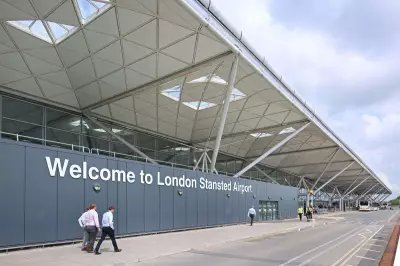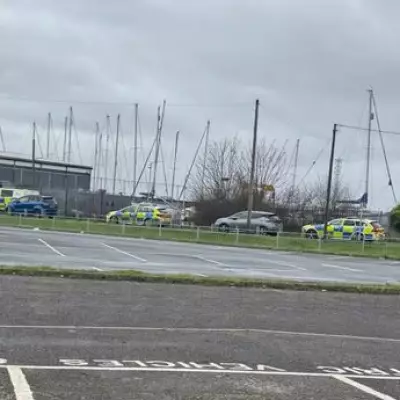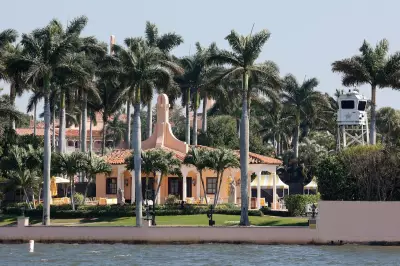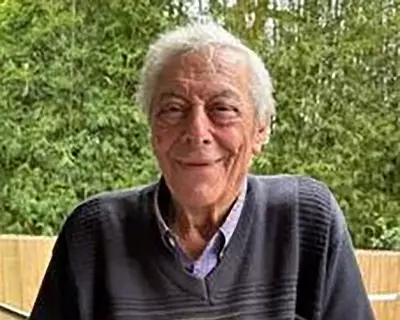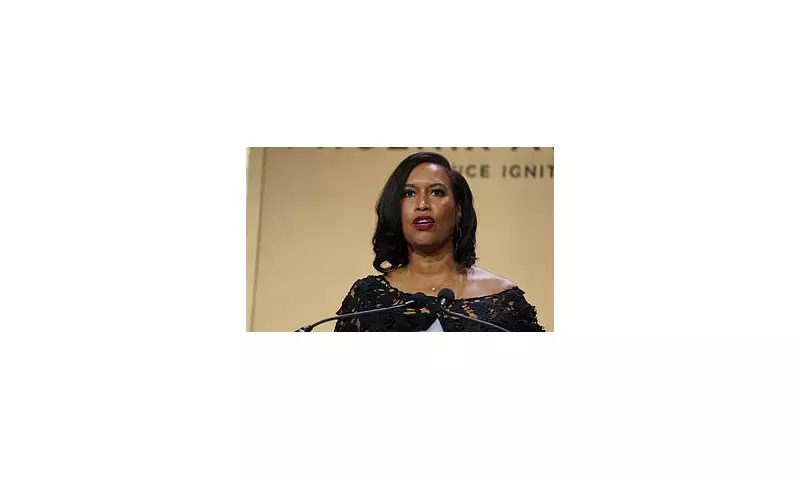
Washington DC finds itself at the centre of a heated public safety debate as Mayor Muriel Bowser's administration faces mounting criticism over the decision to abandon juvenile curfew measures. The controversial move has sparked concerns among residents and law enforcement officials alike as reports of youth-related incidents continue to surface across the district.
The Curfew Controversy Unfolds
The elimination of Washington's juvenile curfew laws has created a political firestorm, with opponents arguing that the policy change has left the city vulnerable to increasing youth crime. Supporters of the curfew removal maintain that such measures unfairly target minority communities and fail to address root causes of youth offending.
Public Safety Concerns Mount
Local business owners and residents have reported growing unease about nighttime safety in various DC neighbourhoods. "We've seen a noticeable increase in large groups of youths gathering late at night, and it's creating genuine concern among those who live and work here," shared one anxious shopkeeper who preferred to remain anonymous.
Mayor Bowser's Defence
Mayor Muriel Bowser has vigorously defended her position, stating that curfew laws have proven ineffective in preventing youth crime while disproportionately affecting communities of colour. Her administration points to alternative programmes focused on youth engagement and community support as more sustainable solutions.
The Political Fallout
The decision has created deep divisions within local government, with city council members clashing over the best approach to juvenile crime prevention. The debate reflects broader national conversations about criminal justice reform and public safety strategies.
Law Enforcement Perspectives
Police representatives have expressed frustration about their limited options when dealing with unsupervised minors during late hours. Without curfew laws, officers find themselves with fewer tools to intervene in potentially dangerous situations involving young people.
Community Reactions
Parent groups remain divided on the issue, with some welcoming the increased freedom for responsible teenagers while others worry about the potential for increased risky behaviour. Community leaders are calling for balanced solutions that both protect public safety and support youth development.
As Washington DC grapples with the consequences of this policy shift, the nation watches closely, recognising that the outcome could influence similar debates in cities across the United States. The balance between public safety and youth justice reform continues to challenge urban policymakers from coast to coast.

